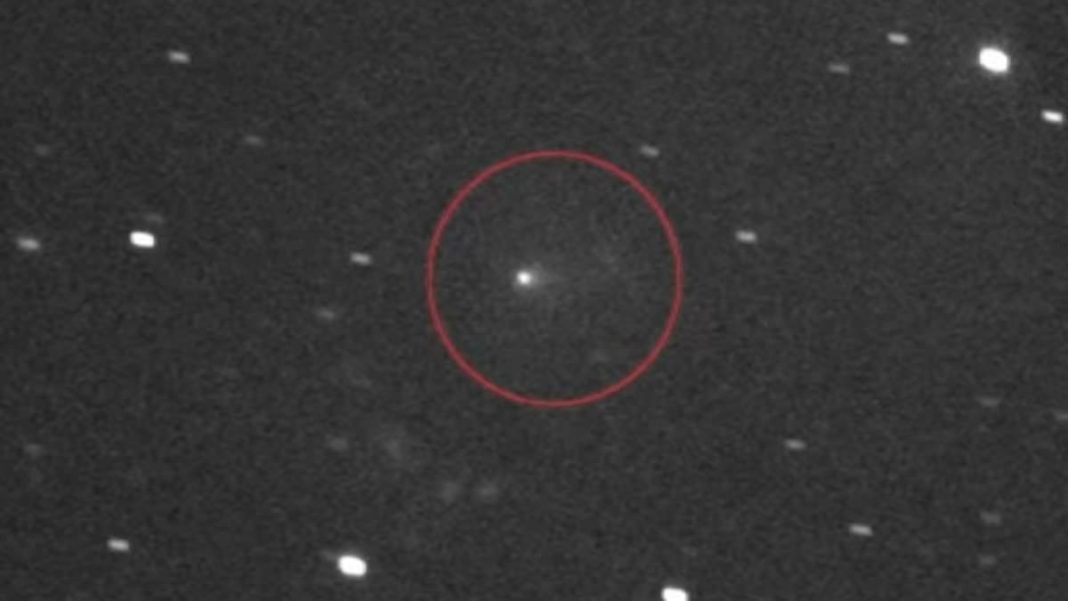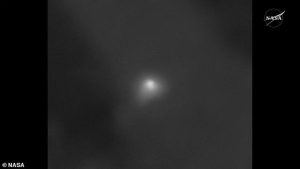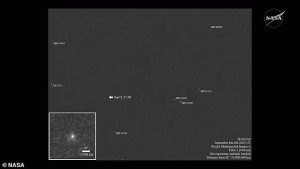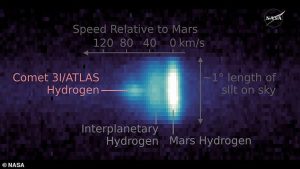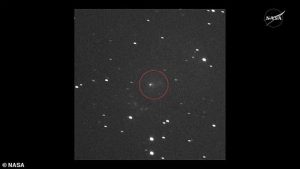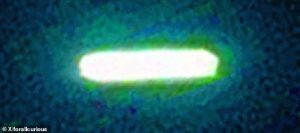NASA Faces Backlash Over 3I/ATLAS ‘Comet’ Revelation
NASA’s official declaration that the mysterious interstellar object 3I/ATLAS is just a comet has sparked widespread criticism and accusations of a cover-up, with many questioning why the space agency’s highly anticipated images were unexpectedly blurry.
Key Takeaways
- NASA insists 3I/ATLAS is a comet despite unexplained anomalies
- Highly anticipated HiRISE camera images were blurry and disappointing
- Social media erupted with cover-up accusations and frustration
- Harvard professor Avi Loeb identifies 11 unexplained behaviors
Blurry Images Fuel Suspicion
The space agency’s Wednesday reveal of 3I/ATLAS images taken by the sophisticated HiRISE camera on the Mars Reconnaissance Orbiter showed only distant, fuzzy dots rather than the detailed close-ups many expected. The camera had viewed the object from just 19 million miles away, promising some of the clearest images to date.
NASA’s clearest image didn’t even show the object itself, instead displaying chemical elements being released into space. Social media users immediately mocked the reveal, with one commenting, “It was a foggy London day when the NASA Mars orbiter took this photo haha.”
Unexplained Anomalies Dismissed
Harvard professor Avi Loeb had previously documented at least 11 anomalies that scientists cannot fully explain, including:
- A cometary tail pointing in the wrong direction
- The object turning blue near the sun
- Course changes that appear to defy gravity
NASA officials dismissed these irregularities as natural variations from an object originating outside our solar system. Associate administrator Amit Kshatriya firmly declared: “3I/ATLAS is a comet.”
Evasive Answers Increase Suspicion
When directly asked if NASA had investigated the possibility of 3I/ATLAS being an alien craft, associate administrator Nicky Fox avoided a clear answer, stating: “We love all of the different science and all of the different hypotheses into what these things can be.”
This response fueled online speculation, with one X user posting: “NASA= NEVER A STRAIGHT ANSWER.” Another wrote: “Seems like they are trying really hard to convince us that it’s just a rock.”
Scientific Community Divided
While most scientists support NASA’s comet assessment, Loeb contends the scientific establishment is too conservative. “Here we are talking about a potential for something that could affect humanity in the future in a dramatic way,” Loeb told the Daily Mail, suggesting some scientists prioritize reputation protection over exploring extraordinary possibilities.
The continues to generate intense debate as NASA maintains its position despite public skepticism and unexplained behaviors.


